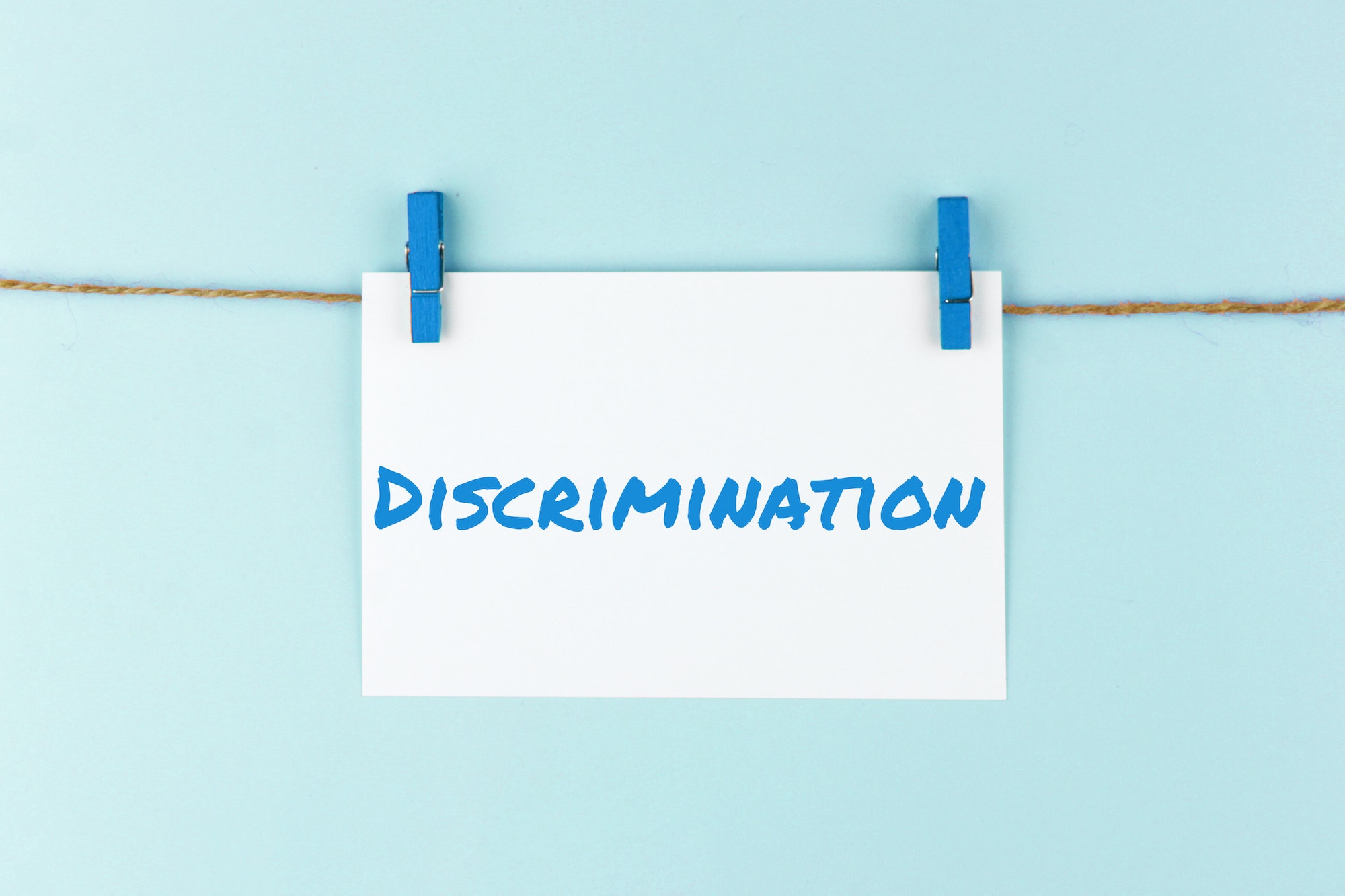
Discrimination is the use of an unlawful criterion of distinction, such as sex, age, origin, membership in a trade union or sexual orientation.
Discrimination is prohibited by law, and may give rise to both civil and criminal penalties.
It can take several forms, be direct or indirect, and have an impact not only on remuneration, but also on hiring and career development.
Where do I start if I think I’m facing discrimination?
According to article L. 1134-1 of the French Labor Code, the employee must present evidence suggesting the existence of discrimination, and it is then up to the employer to provide objective evidence to justify that his or her decision was taken without discriminatory motive.
The effect of discrimination, such as a difference in remuneration, can be used to presume the existence of a discriminatory decision. Comparison with a panel of employees in a comparable situation plays a key role here.
It is therefore advisable to look for elements of comparison that can be used to establish a prima facie case of unequal pay, for example by asking work colleagues for pay slips in order to compare the situations of several male and female employees in the same situation.
In the case of wage discrimination, this prima facie evidence can be used to justify a legal claim for all the pay slips of employees in the same situation, and thus to support an argument.
This demonstration can be complex. It’s best to seek professional help to make the comparisons.
What can be done?
On an individual level, it is possible to take legal action before the industrial tribunal (Conseil de prud’hommes) to obtain compensation for the prejudice suffered as a result of discrimination.
It should be remembered that the termination of an employment contract in the context of discrimination may result in the nullity of the termination, leading to the employer being ordered to pay damages of at least 6 months’ salary.
This individual action may result in full compensation for the loss suffered by the employee.
In addition, with a view to combating discrimination, particularly wage discrimination, the 2016 law for the modernization of justice also introduced class action.
The impact study carried out by the Senate specified that the purpose of class action is: “to give one person the ability to go to court in the interest of another without the latter being clearly identified at the outset, nor, consequently, aware of it.”
This action must be brought by a representative trade union organization, or by an association working in the field of discrimination or the defense of disabled people. However, it is advisable to prepare the action in advance with a lawyer.
It begins with an initial formal notice phase designed to put an end to the discrimination.
If no satisfactory response is received within 6 months of the formal notice being served, or if the employer rejects the claim, the action is taken to court.
The aim of this group action is to put an end to the discrimination, and to compensate the prejudice that occurred after the formal notice was served, but it does not allow for compensation of the full prejudice, which is why individual action should also be considered.
When dealing with this type of issue, it is essential to be accompanied by a legal professional who can determine the best strategy to adopt in your specific case, whether this involves bringing an individual action or setting up a class action, or in some cases even a combination of the two.
Our lawyers are at your disposal to answer all your questions and advise you. Our meetings can be held in person or by videoconference. You can make an appointment directly online at www.agn-avocats.com.
AGN AVOCATS – Employment
09 72 34 24 72
- Administrative and Public Law
- AGN Football Club
- AGN News
- Banking, finance and insolvency
- Business Law Dubaï
- Civil Service
- Contract Law & Distribution
- Corporate Law
- Criminal Law
- Equine Law
- Family Law
- Family Matters
- Immigration
- Immigration
- Immigration Law Dubaï
- Inheritance
- Inheritance law Dubaï
- Insurances & Liabilities
- Intellectual Property and Digital Law
- Labour law
- Labour Law Dubaï
- Litigation & dispute resolution
- Non classé
- Property Dubaï
- Real Estate
- Sale of business
- Specific rights
- Sports law
- Tax
- Tax Law Dubaï
- Technologies, blockchain & digital assets
- Tourism Law